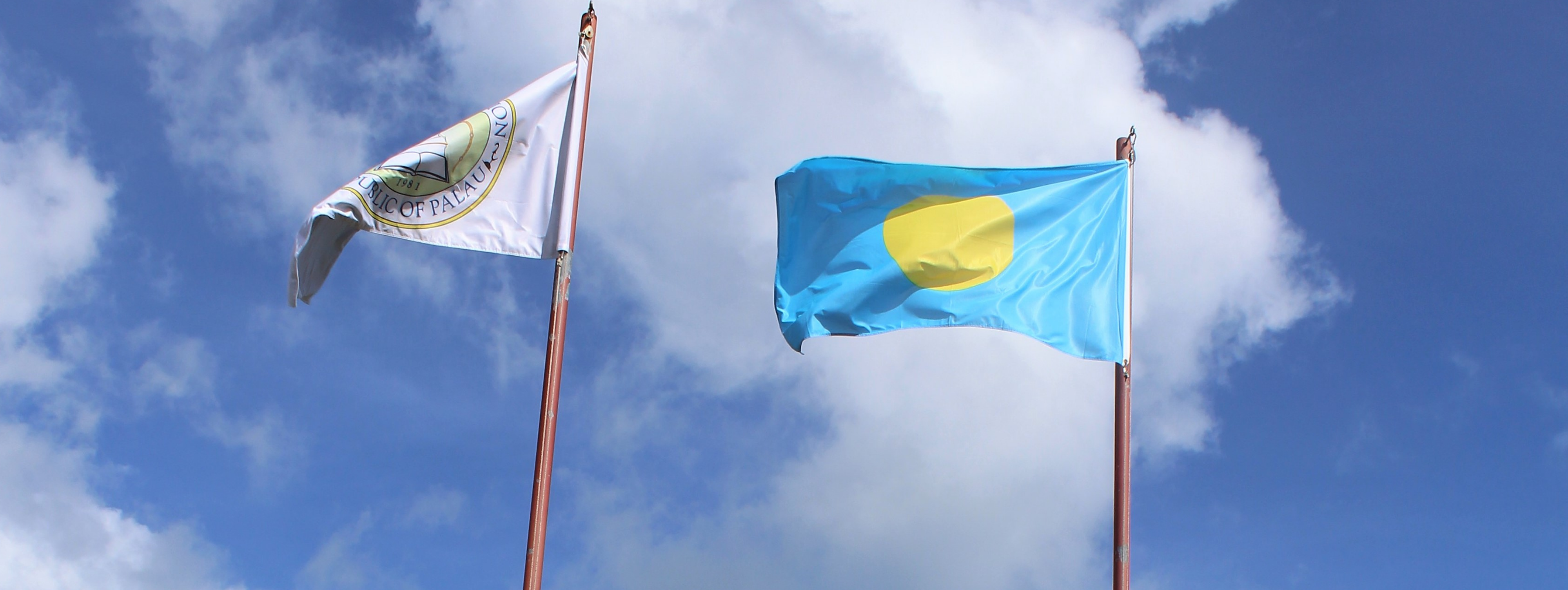Counter-Trafficking and Migrant Assistance

Trafficking in persons is a phenomenon that continues to plague the entire Pacific region, including Palau. Evidence suggests that different forms of exploitation, such as sex trafficking, labor trafficking, and debt bondage, are becoming increasingly prevalent in the region.
Based on a comprehensive and rights-based approach, IOM aims to address human trafficking in all areas – prosecution, protection, and prevention. IOM’s approach to counter-trafficking places the human rights and well-being of affected individuals and communities as the utmost priority. Furthermore, based on the conviction that effective counter-trafficking efforts rely on multi-stakeholder approaches, whereby all relevant actors work together in a coordinated and orchestrated manner, IOM engages with a wide range of partners, including government counterparts, local communities and civil society actors, and international organizations.
In Palau, IOM plays a facilitating role in advancing the government’s counter-trafficking efforts and promotes dialogue on issues revolving human trafficking. In 2018, IOM facilitated a workshop for members of the presidentially mandated Anti-Human Trafficking Taskforce to device plans and timeframes to implement the National Action Plan (NAP) to Combat Human Trafficking. Upon the government’s request and as part of the NAP, IOM has conducted a rapid assessment in 2018 on the overall human trafficking and protection situation in Palau. The assessment identified existing gaps on legislative and policy frameworks and provided recommendations to strengthen counter-trafficking and protection efforts of the government.
Currently, with the support from the IOM Development Fund, IOM is implementing two regional projects aimed at strengthening the counter-trafficking and protection capacity within the country. Through these two projects, IOM not only provides capacity-building support and technical assistance to government counterparts and civil society partners but also strengthens in-country and cross-border coordination among counter-trafficking and protection stakeholders.
Direct Assistance to Vulnerable Migrants
Victims of trafficking and other vulnerable migrants have diverse and distinct protection and assistance needs, and it is crucial that these needs be identified and addressed appropriately. The significant lack of service providers and available protection infrastructures in the North Pacific region exacerbates their vulnerabilities and therefore highlights the importance of direct assistance services and targeted support.
IOM provides direct assistance to vulnerable migrants that is accommodated to the different needs of the individuals. The assistance provided could include safe accommodation, medical and psychosocial support, and assisted voluntary return and reintegration. In addition to country-level programs, IOM operates emergency support mechanisms, such as the Global Assistance Fund and Emergency Fund. Through these emergency mechanisms that can be deployed in an expedited manner, IOM ensures that the immediate needs of vulnerable migrants are addressed promptly without delay.